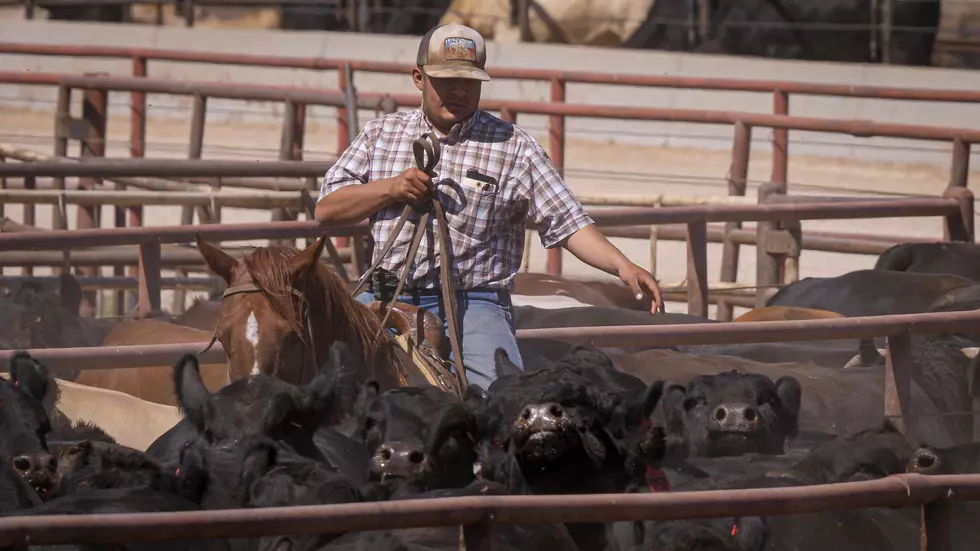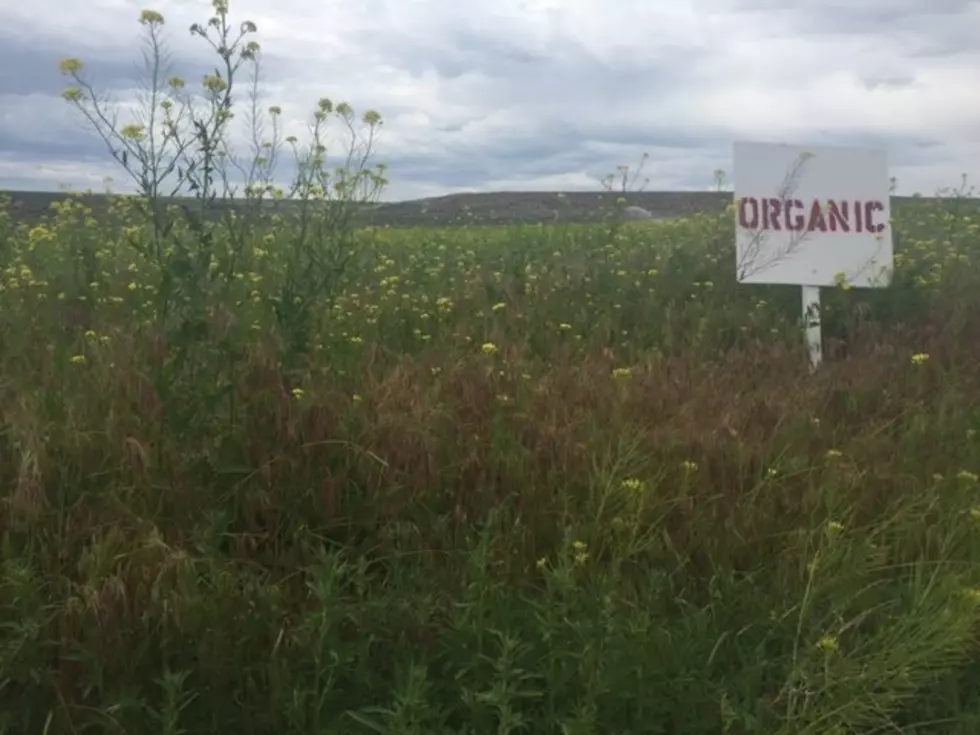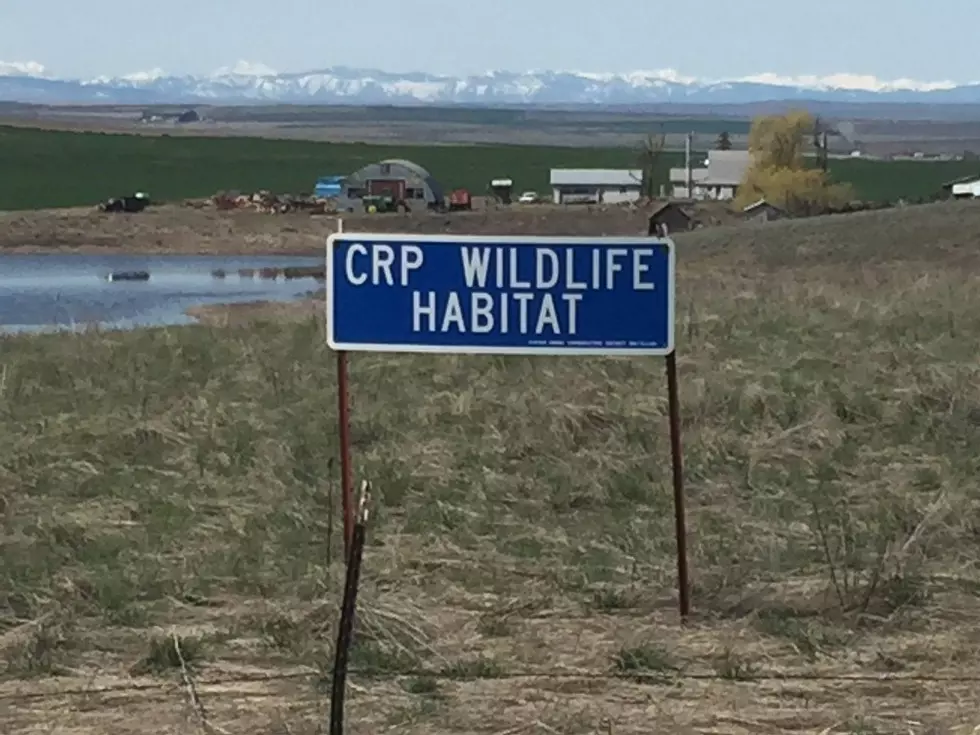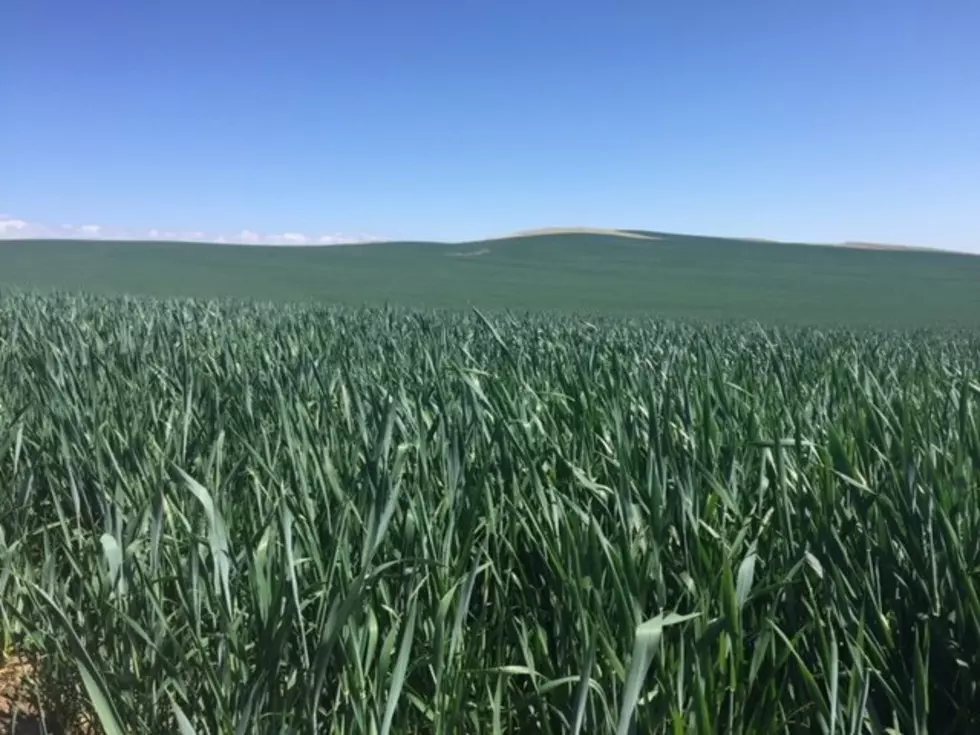
Economist New Farm Bill Benefits Farmers
When creating the 2018 Farm Bill, economist Dr. Barry Flinchbaugh with Kansas State University said the committee put farmer first and partisan politics second, which he noted is almost unheard of in today's Congressional operation. The economist also noted many of the changes from the 2014 Farm Bill to the current legislation are good for the Ag economy as a whole. An example to which he points, the old Farm Bill required farmers to make a onetime decision about what safety-net program they were going to use for the next five years of the bill.
But in the new Farm Bill, "They have a two-year decision at first, and then an annual decision. That's a huge improvement."
Another one, he noted, payments for some of those programs have been based partly on county-level yielded data from various sources. But, farmers complained of vastly different payments from county to nearby county, but under the new Farm Bill the USDA will use mostly crop insurance data.
"Which should bring more consistency across county lines,” he noted.
The new bill also separates yields on irrigated lands versus dry land.
If you have a story idea for the Washington Ag Network, call (509) 547-1618, or e-mail gvaagen@cherrycreekradio.com
More From PNW Ag Network









